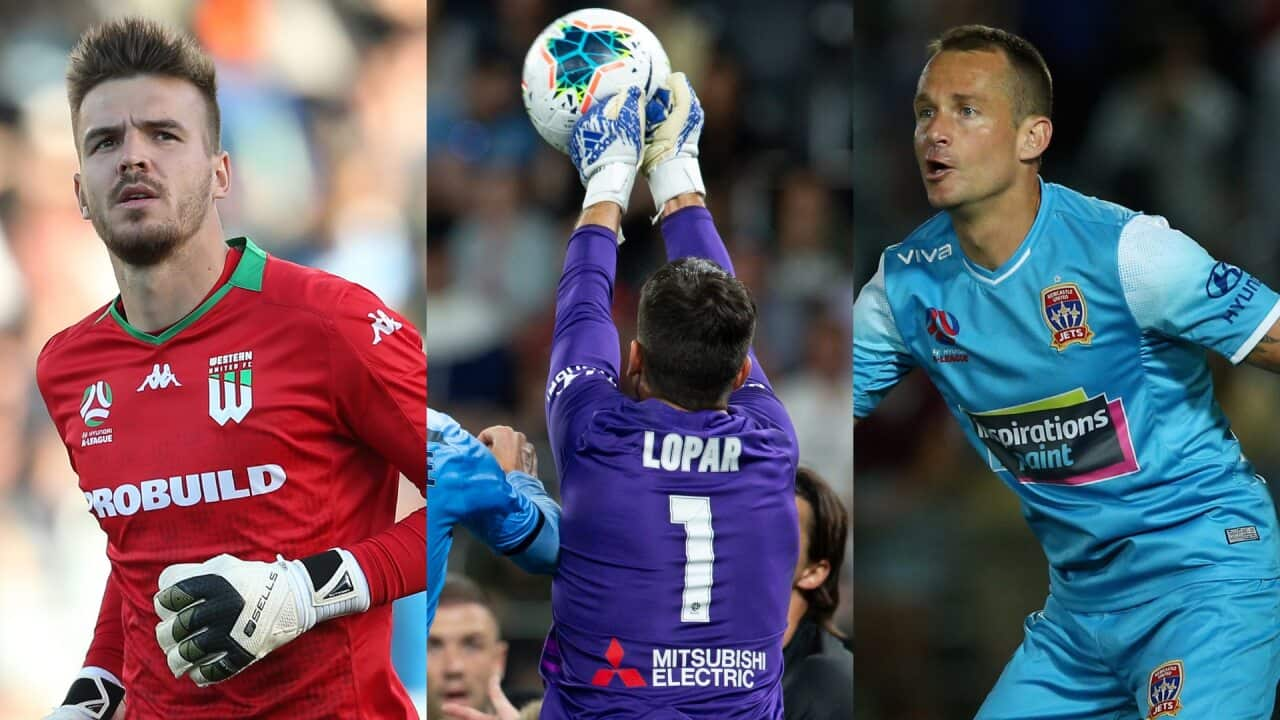It is incredible but understandable that, , Football Federation Australia (FFA) is so concerned about the stocks of goalkeeping talent down under that it has asked clubs not to sign foreign number ones.
Incredible because the country has been known in Asia as one that has produced top-class talent between the sticks.
Mat Ryan has been enjoying life in the English Premier League but the Brighton star seems to be papering over a few cracks.
Traditionally, Asian goalkeepers have struggled to reach the top levels of club football though Nasser Hejazi came close to a move to Manchester United in 1979.
The ‘Eagle of Asia’ impressed for Iran at the 1978 World Cup and then on trial soon after at Old Trafford but the Islamic Revolution and the ensuing uncertainty meant that the Iranian Football Federation were unable to process the paperwork and the deal never happened.
Australia was different. Over the years the Socceroos have had their pick of big-league goalkeepers such as Mark Bosnich, Mark Schwarzer, Zeljko Kalac and Ryan.
Those who did not make it to Europe were also pretty good too. Eugene Galekovic is still talked of in hushed tones in South Korea where he excelled for Adelaide United and Australia.
K-league clubs would have loved to sign him but were unable to do so. There has been a rule for the past 20 years that has prevented clubs from bringing in foreign shot-stoppers.
The same exists in the Chinese Super League and a number of other competitions around Asia. It stems from concerns that if clubs start importing glovesmen then opportunities for local talents in this most vital of positions will dry up.
Imports can raise standards but can also be an easy option for clubs who would rather bring someone experienced in than give a young local lad time and opportunities to make mistakes and develop as a goalie.
There are ways around this of course. Valery Sarychev was a popular and successful goalkeeper from Tajikistan who shone in the K-League before the ban was put into effect.
After the rule came in, he decided to take Korean nationality and the modest name of Shin Eui-son which means ‘Hand of God’.
Assuming there are no number ones ready to pluck Aussie passports from the sky, then a ban is worthy of discussion.
With just six Aussie goalkeepers getting regular action in the A-League then the domestic pool for the national team to drink from is tiny.
To prevent such a scenario is why Korea and China brought in the rule. One reason has been that if Asian goalkeepers do not play in their own league then options elsewhere are limited.
European teams rarely look to Asia for goalkeepers and Asian goalkeepers rarely look to European teams and with some Asian leagues putting up barriers then even intra-continental moves can be tricky.
Eiji Kawashima of Japan has had modest success in Belgium, Scotland and France but there are few other Asian ‘keepers out west.
Australia has an advantage as they are seen in Europe as having safer hands than those from, say, Korea or Japan but exports are falling and coupled with the lack of opportunities at home, this is a worry.
There have been vague debates in Korea and China in recent years as to whether the ban works. The feeling is that it does more good than harm.
The standard of Korean goalkeeping has improved generally in the last 20 years. There is not a standout keeper like Lee Woon-jae who started his World Cup career in 1994 and ended it in 2010 and came close to being world-class around the middle of the last decade but there is more strength in depth.
It helps that they can go to Japan. There is no such rule protecting goalkeepers there and the country is not exactly known for producing top-class number ones.
It is telling that four of the current top six clubs in the J.League prefer Korean goalkeepers to local. At least Japan has three tiers of professional football to fall back on.
Australia does not have that strength in depth in terms of clubs and, increasingly, goalkeepers. Looking at ways to ensure those number ones get plenty of chances should not be dismissed out of hand.










